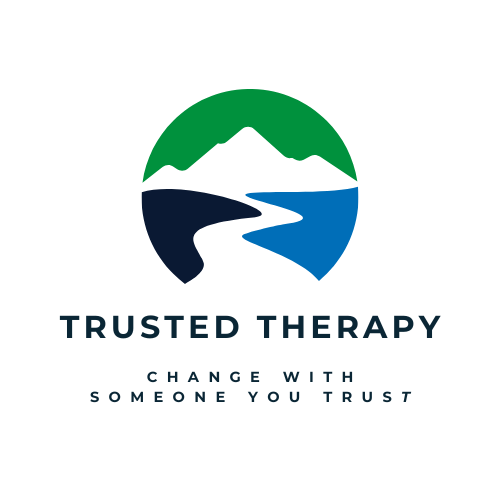New research (http://psychcentral.com/news/2014/03/23/oxytocin-shows-promise-in-treating-anorexia/67495.html) is showing some promising results of a possible new treatment approach to treating anorexia and other eating disorders. This new research suggests the significant role that a chemical called oxytocin could play in the treatment of eating disorders. Oxytocin is a chemical that our body releases naturally during times when we are bonding, such as in child birth, sex, and breastfeeding. Oxytocin has sometimes been called the “love hormone” because it is the chemical that is responsible for us falling in love. Participants with anorexia who were given oxytocin became less likely to obsess at images of high calorie foods, fat body parts, and angry faces. I am now wondering if this is why so many of my clients have told me that they engage in less eating disorder behaviors when they are involved in a healthy relationship!
If engaging in behaviors that release the oxytocin chemical can help those with eating disorders engage in less negative thoughts related to their body image and foods, maybe a therapist’s role can include teaching interpersonal skills that could help lead to the individual finding healthy relationships. What if these relationships didn’t have to be with just another person? Research has also indicated that oxytocin is released when we are bonding with animals. I believe that this could mean that owning a pet may also have significant benefits for those struggling with eating disorders. Potentially, the more healthy relationships (with animals or people) those with eating disorders can establish the more opportunity their bodies can have to produce oxytocin, and with the addition of this chemical the less focused those individuals can become with eating disorders behaviors and thoughts. I think this may also provide some explanation as to why animal assisted therapy, or having a therapy animal/dog present during sessions with those struggling from eating disorders can be beneficial in the treatment of their eating disorder.
We already know that many individuals who struggle with disordered eating also lack close relationships. Helping those people to find others to connect with and bond with, may be a big piece of helping them achieve recovery. We already know that the most important part of seeing a therapist is not what kind of therapy they practice, but the ability for the client to form a close therapeutic relationship. Maybe during therapy our bodies are bonding with the therapist and producing oxytocin, which could also be positively impacting our state of mind.
Understanding the importance of healthy relationships (rather they are with a therapist, a pet, or others) may be a key factor in helping those struggling with eating disorders have and maintain recovery.
Trusted Therapy, PC Tonya McFarland, PsyD 1030 Johnson Rd, Suite #323 Golden, CO 80401 303-709-5897 trustedtherapy.com tonya@trustedtherapy.com
